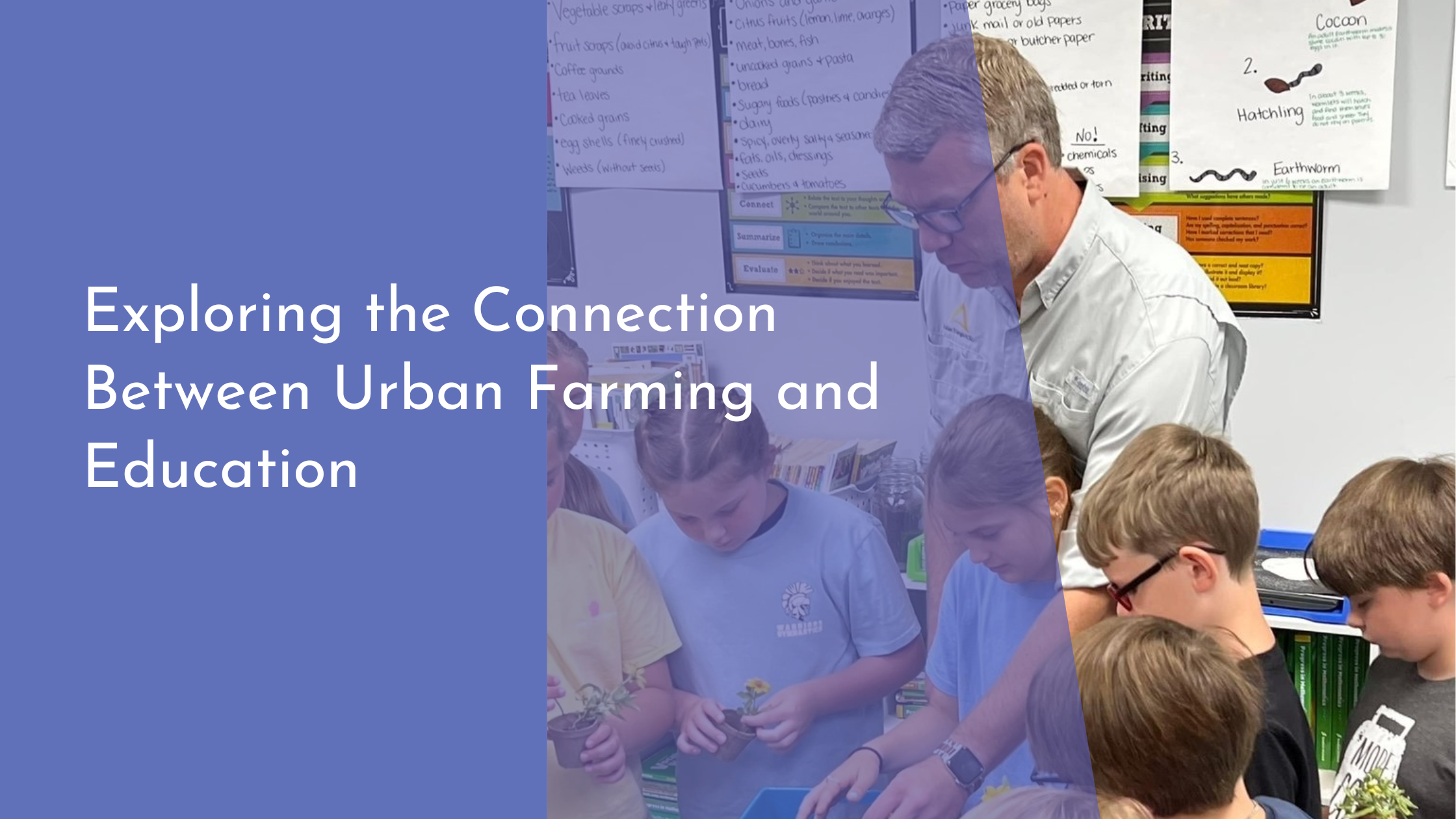Exploring the Connection Between Urban Farming and Education
In the past few decades, urban farming has transformed from a niche hobby to a vital component of city life, bringing fresh produce and green spaces into densely populated areas. Alongside its ecological and nutritional benefits, urban farming has emerged as a powerful educational tool. By integrating hands-on learning experiences with traditional curricula, urban farms provide unique opportunities for students to engage with science, sustainability, and community building. This article explores the link between urban farming and education, examining how this growing movement is enhancing learning opportunities and contributing to academic success across various cities.
The Rise of Urban Farming in Modern Cities
Urban farming has seen a remarkable surge in popularity, particularly in major metropolitan areas where space is often limited, and access to fresh produce can be a challenge. This movement traces its roots back to the victory gardens of World War II but has evolved into a sophisticated array of rooftop gardens, community plots, and vertical farms. These urban agriculture initiatives not only supply fresh produce but also contribute to the greening of cities, enhancing air quality and providing habitats for urban wildlife. With an increasing focus on sustainability, urban farming has become a symbol of resilience, encouraging city dwellers to reconnect with nature amidst concrete landscapes.
The rise of urban farming is also driven by the need for community cohesion and social integration. These green spaces serve as communal gathering points where individuals from diverse backgrounds collaborate and share knowledge. This collaborative spirit fosters a sense of ownership and pride within communities, breaking down social barriers and creating inclusive environments. By transforming underutilized urban spaces into productive hubs, urban farming is not just about growing food; it’s about cultivating a sense of belonging and community empowerment.
How Urban Farming Enhances Learning Opportunities
Urban farming offers a plethora of learning opportunities that extend beyond traditional classroom boundaries. By integrating urban farms into school curricula, educators can provide students with hands-on experiences in biology, ecology, and environmental science. Students learn about plant life cycles, ecosystems, and the importance of biodiversity while engaging in practical activities such as planting, harvesting, and composting. This experiential learning approach not only enriches classroom instruction but also caters to diverse learning styles, making education more inclusive and engaging.
Moreover, urban farming encourages the development of crucial life skills such as teamwork, problem-solving, and critical thinking. As students participate in the planning and maintenance of urban gardens, they learn to work collaboratively, make decisions, and tackle challenges creatively. These skills are highly transferable, equipping students with the abilities needed to navigate the complexities of modern life. By fostering a sense of responsibility and curiosity, urban farming helps students grow into informed, environmentally-conscious citizens.
Case Studies: Success Stories in Urban Education
In New York City, the Green Bronx Machine is a shining example of how urban farming can revolutionize education. Founded by educator Stephen Ritz, this program transforms classrooms into vibrant learning environments where students grow vegetables using innovative vertical farming techniques. The initiative has significantly improved student attendance, engagement, and academic performance, demonstrating the powerful impact of integrating urban agriculture into education. By linking healthy food choices with academic success, the Green Bronx Machine is not only nurturing students’ minds but also contributing to their overall well-being.
Similarly, in Oakland, California, the Edible Schoolyard Project has made waves in the educational community. This program integrates garden-based learning into school curricula, teaching students about sustainable agriculture while promoting healthy eating habits. Students participate in the cultivation and preparation of food, gaining a deep understanding of where their meals come from and the impact of food choices on the environment. The Edible Schoolyard Project has inspired similar initiatives worldwide, showcasing how urban farming can be a catalyst for educational reform and community engagement.
Concluding Thoughts: Cultivating Minds and Gardens
The integration of urban farming into educational settings holds immense promise for transforming the way students learn and engage with their environment. By providing practical, hands-on experiences, urban farms enrich educational experiences and foster a deeper understanding of ecological and social systems. As more schools and communities embrace urban farming, we can expect to see a new generation of environmentally-conscious, innovative thinkers who are equipped to tackle the challenges of the future.
Urban farming is more than just a trend; it’s a movement that bridges the gap between education and sustainability. As cities continue to grow and evolve, the role of urban farms in education will likely expand, offering limitless possibilities for learning and community development. By cultivating both minds and gardens, urban farming is planting the seeds for a brighter, more sustainable future where knowledge and nature thrive side by side.

